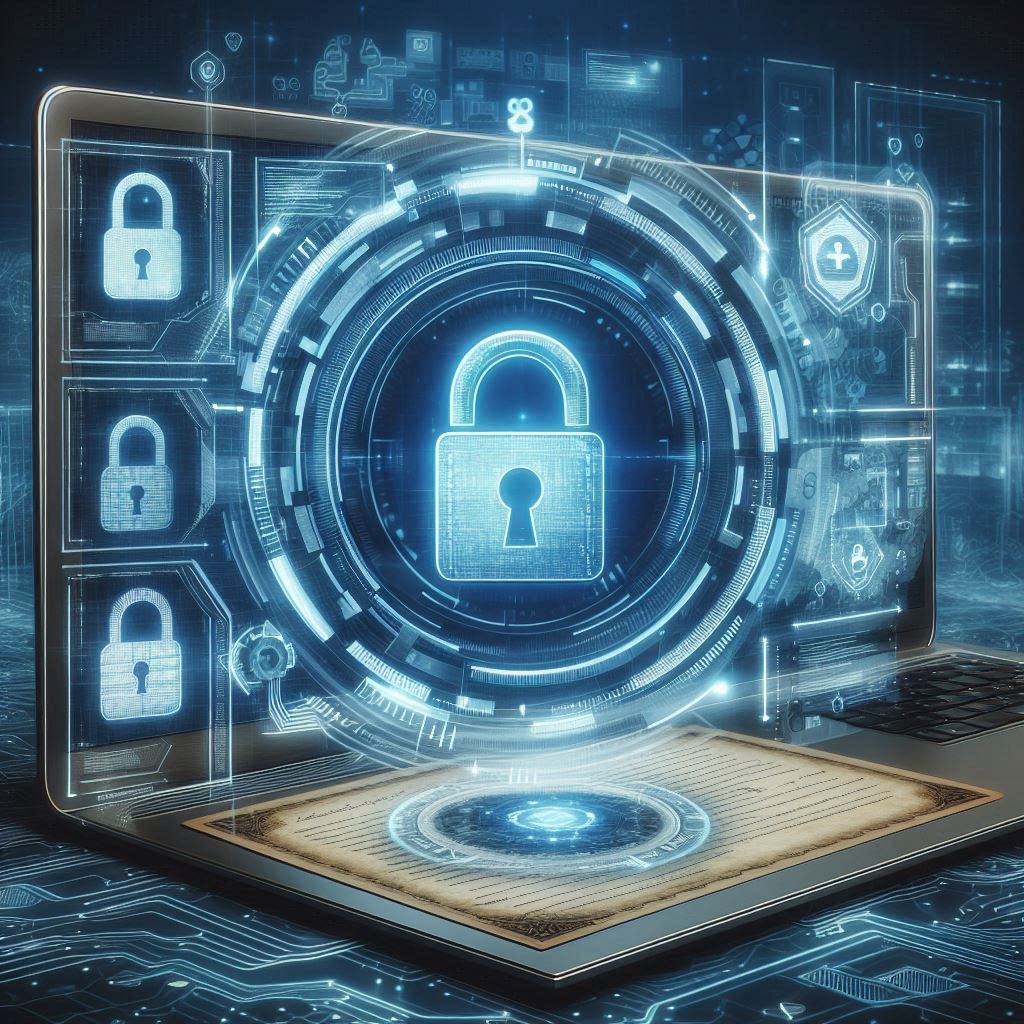In the current technological age, security and trust are paramount. Ensuring that your data is secure is crucial when you are shopping online, accessing your bank account or even sending an email. This is where digital certificates come into play. In this post, we will explore what is a digital certificate, how they work, and why they are vital for secure online communication in the digital landscape.

What Are Digital Certificates?
Digital certificates, also known as public key certificates, are electronic documents used to prove the ownership of a public key. It is a file or a password that proves that you are the correct or authentic user of the location that you are accessing. They are issued by a trusted entity called a Certificate Authority (CA). These certificates play an important role in securing online communications through encryption and authentication.
How Do Digital Certificates Work?
Digital certificates work by leveraging public key infrastructure (PKI). Here’s a simplified breakdown of the process:
Key Pair Generation: A user or organization generates a pair of cryptographic keys – a public key and a private key.
Certificate Request: The public key, along with identifying information, is sent to a CA in the form of a certificate signing request (CSR).
Verification: The CA verifies the identity of the requester using various methods.
Certificate Issuance: Once verified, the CA issues a digital certificate containing the public key and the verified identity information.
Secure Communication: The digital certificate is used to establish secure, encrypted communication channels. The public key encrypts data, which can only be decrypted by the corresponding private key.Why Are Digital Certificates Important?
There are several factors to why Digital certificates are essential:
Security: They enable encryption, ensuring that sensitive data is protected from eavesdroppers and hackers. This provides you the peace at knowing that your transactions are safe from people who may want get hold of your information.
Authentication: They verify the identity of websites, software, and users, helping to prevent fraud and phishing attacks. Without this authentication, any hackers or person may be able to get away by logging into your account.
Trust: They establish trust between parties in online transactions, making it safer to conduct business and share information over the internet. Customers who often deals in online transaction with the business will tend to keep patronizing knowing that their data is safe.
Digital certificates are the backbone of secure online communication. They provide the encryption and authentication needed to protect sensitive data and establish trust in the digital world. As technology continues to evolve, so too will the methods and tools we use to secure our online interactions. By understanding and leveraging digital certificates, we can help ensure a safer and more secure internet for everyone. Till then, Hope you learn a byte!

Leave a Reply